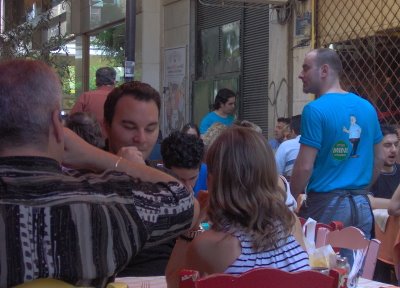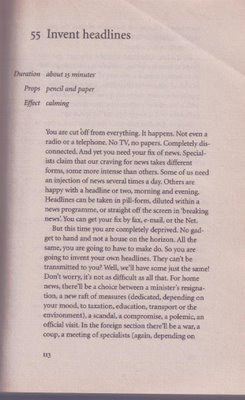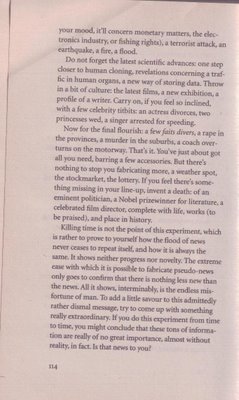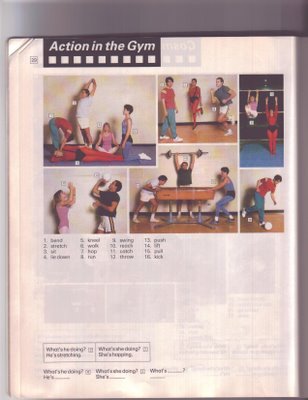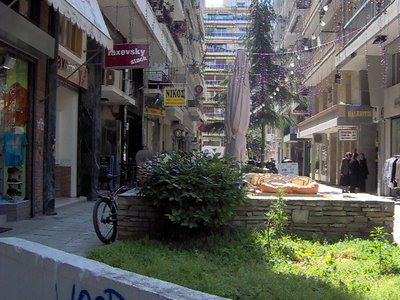Cambridge CPE interviews do's and don'ts
PART ONE1 Be friendly, be polite. This is a chance to show the
examiners how well you can speak English, not a fight to
the death.
2 Learn some words that may come up, e.g. the name of
the subject you are studying or the job you want to do
in the future.
3
DO NOT learn a little speech by heart. It sounds
unnatural and you'll get even more nervous than you
need to be trying to remember it.
4 Keep eye contact with the examiner. That means looking
him or her in the eye rather than staring at your shoes
or some point on the wall behind them.
5 Remember there are no wrong answers here, only well-
expressed and badly expressed ones.
6
DO NOT give short, monosyllabic answers, nor tell them
the story of your life.
PART TWO1 If you don't understand the question ask the examiner to
repeat it. You'll not lose marks for this. However, you will
lose marks for answering the wrong question.
2 Move your chair so that you are facing the other person.
Remember what we said about eye-contact.
3 Start with a question, not a monologue.
4 Listen to what the other person says, comment on it, ask
them questions.
5 Disagree with the other person whatever they say. It's
always easier to have something to say if we disagree.
6 Give the other person chance to speak. You'll lose
marks if you monopolise the conversation.
7
DO NOT stop speaking until the examiner tells you that
your time is up.
PART THREE (part one)1 Make sure you understand the question before you start
speaking. If necessary, ask the examiner to explain it.
2 Give yourself a few moments to think about what you
want to say.
3 Remember there are no wrong answers. Nobody
expects you to be an expert on the subject of the
question.
4 Feel free to ignore the prompts suggested. You do not
have to use them, if you do not wish.
5 DO NOT stop speaking until the examiner tells you that
your time is up.
6 Listen to what the other person says as you will be
asked to comment on it.
PART THREE (part two)7 Remember the longer questions asked towards the end
of this part are always connected with the topic
discussed in the prompt cards.
8 Give full answers, not just short, monosyllabic ones
9 Comment on what the other person says, use their
name.
10 There are no wrong answers, only badly-expressed
ones.
Lesson plan1 Hand out the photocopy with the advice and go throughany difficult words or ideas.2 Choose two students and do a Cambridge interview withthem. The other students then have to see if those beinginterviewed have followed the exam tips.3 Divide the class into two, each of the studentsinterviewed then discuss their performance with the group.I often record these interviews on digital camera and putit onto a cd which the students can watch at home.


